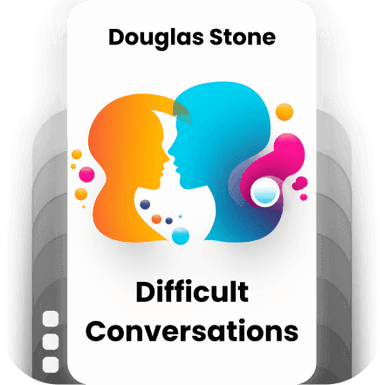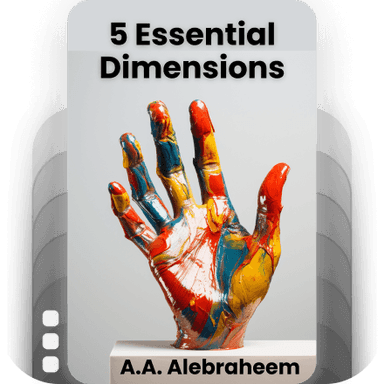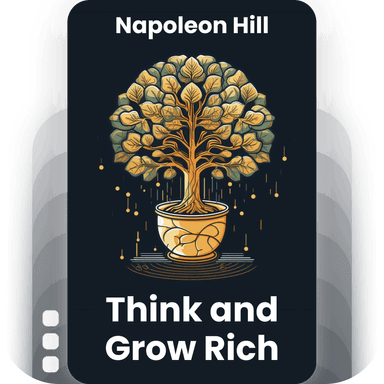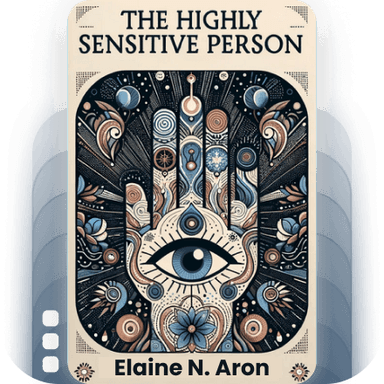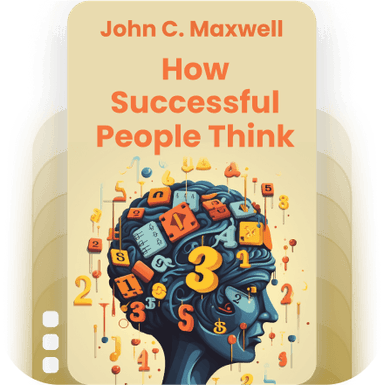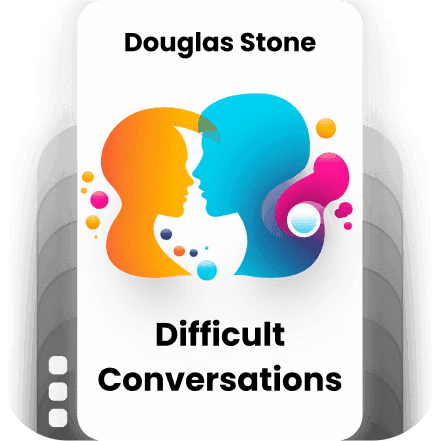
Difficult Conversations: How to Discuss What Matters Most
Douglas Stone
4.1 - 5 ratings
10
List Points
10
Chapters
5
Topics
Description
This book delves into the essential strategies and frameworks needed to navigate and succeed in difficult conversations, which are often laden with emotions and high stakes. It provides insights into understanding the underlying structure of these conversations, encourages the separation of intentions and impacts, and emphasizes the importance of mastering the Three Conversations: the What Happened conversation, the Feelings conversation, and the Identity conversation. By exploring these elements and offering practical advice, the book equips readers with the skills to approach difficult dialogues with confidence, tackle complex issues effectively, and foster more meaningful and constructive interactions.
What will you learn?
By reading this book, you will learn how to navigate tough conversations in both personal and professional settings by understanding the underlying structures of difficult dialogues. The authors provide practical tools and frameworks to help you identify and manage the emotions, perceptions, and assumptions that often derail meaningful communication. You'll gain insights into how to stay balanced, listen effectively, and articulate your concerns clearly, ultimately transforming conflict into an opportunity for growth and mutual understanding.
Who’s it for?
• Professionals looking to improve communication skills
• Leaders and managers handling difficult feedback
• Individuals seeking to resolve personal conflicts
• Couples aiming to strengthen their relationships
• Therapists and counselors working with clients on communication issues
Categories
Key Learning
Available chapters to listen for this topic- 1
Understanding the Foundation of Difficult Conversations
Explore the three-core structure of every difficult conversation, which includes the “What Happened?” conversation, the “Feelings” conversation, and the “Identity” conversation, and learn how each interrelates. - 2
Recognizing and Addressing the “What Happened?” Conversation
Identify the elements of differing perspectives, truth assumptions, and intentions, and learn effective techniques to avoid blame and understand each party’s contribution to the problem. - 3
Emphasizing the Importance of the “Feelings” Conversation
Understand how unexpressed emotions can impede conflict resolution and discover strategies to recognize, communicate, and validate feelings in a way that fosters constructive dialogue. - 4
Navigating the “Identity” Conversation
Learn to recognize the internal struggles of self-perception and identity triggers that influence difficult conversations, and develop approaches to maintain your self-image while understanding the identity issues of others. - 5
Shifting from a Certainty to a Learning Stance
Foster openness and curiosity by shifting from a stance of certainty to one of learning, which includes asking open-ended questions, active listening, and understanding the impact of your views. - 6
Mapping the Contribution System
Move away from the blame frame and map out how both parties have contributed to the situation, fostering a sense of joint responsibility and laying the groundwork for collaborative problem-solving. - 7
Deciphering the Role of Intentions Versus Impact
Separate intentions from impact to better understand how actions are perceived and to resolve misunderstandings by addressing the effects of behavior rather than the presumed motives behind it. - 8
Creating a Safe and Open Dialogue Environment
Develop techniques to manage defensiveness, ensure psychological safety, and maintain an open dialogue by fostering a collaborative and respectful atmosphere during difficult conversations. - 9
Crafting and Delivering the Key Messages
Learn how to articulate your key messages clearly and constructively, ensuring that your concerns and perspectives are communicated effectively without triggering defensiveness or hostility in the other party. - 10
Practicing and Refining Your Difficult Conversation Skills
Engage in practical exercises and reflect on real-life cases to enhance your ability to manage and conduct difficult conversations successfully, turning potential conflicts into opportunities for growth and resolution.


